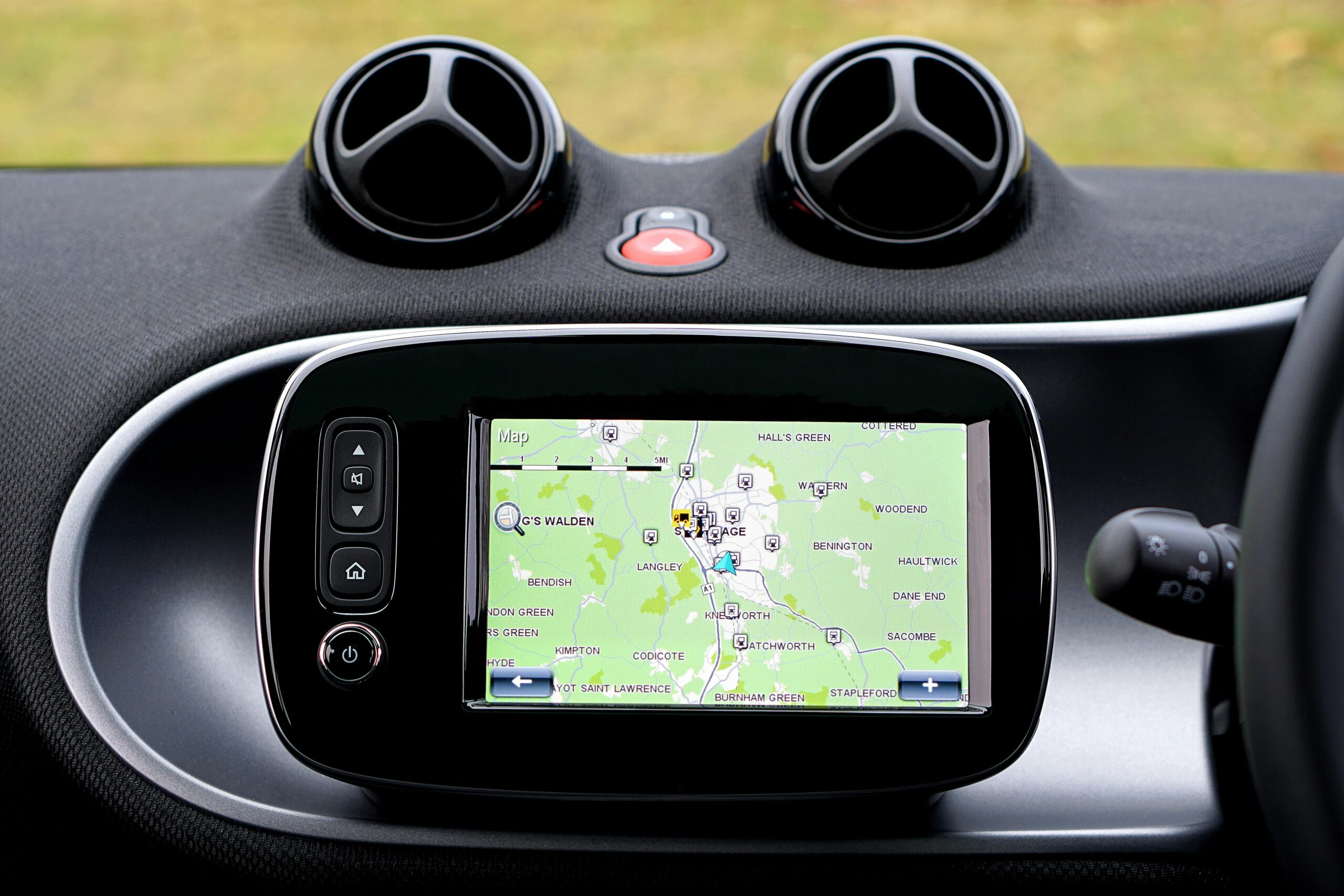
In today’s digital age, the integration of GPS (Global Positioning System) and location-based services (LBS) in Windows apps has become imperative. With the increasing reliance on mobile devices for navigation and location-specific information, developers must adapt to meet user demands.
According to recent research, 80% of smartphone users rely on GPS for navigation, while 70% use location-based services for local recommendations and services.
Incorporating GPS and LBS into Windows apps opens up a world of possibilities for developers and users alike. From enhancing user experience to providing personalized content, the benefits are manifold. By leveraging GPS technology, developers can create apps that offer real-time navigation, geotagging, and location-based notifications. This not only improves user engagement but also adds value to the app.
One of the key advantages of integrating GPS and LBS into Windows apps is enhanced functionality. Users can easily find nearby restaurants, hotels, gas stations, and other points of interest with just a few taps. Additionally, developers can implement features such as location-based reminders, event notifications, and geofencing to deliver personalized experiences.
Another significant benefit is improved accuracy and precision. GPS technology allows apps to pinpoint users’ exact locations with high accuracy, enabling more reliable navigation and location-based services. This is especially crucial for apps that rely on location data for essential functions, such as ride-sharing services, delivery apps, and emergency assistance applications.
Furthermore, integrating GPS and LBS into Windows apps can drive business growth and revenue generation. By offering location-based advertising, promotions, and recommendations, developers can monetize their apps while providing added value to users. Research shows that location-based ads have a significantly higher engagement rate compared to traditional advertising methods, making them a lucrative option for app developers.
However, it’s essential to consider privacy and security concerns when incorporating GPS and LBS into Windows apps. Developers must adhere to strict data protection regulations and implement robust security measures to safeguard users’ sensitive information. By providing clear consent mechanisms and transparent data practices, developers can build trust with their users and mitigate privacy risks.
In conclusion, the integration of GPS and location-based services in Windows apps presents a wealth of opportunities for developers to create innovative and user-centric experiences. By leveraging GPS technology, developers can enhance functionality, improve accuracy, and drive business growth. At Coding Brains, we specialize in developing cutting-edge Windows apps that incorporate GPS and LBS to deliver unparalleled value to our clients and users. Contact us today to learn more about our software development services.


Leave a Reply